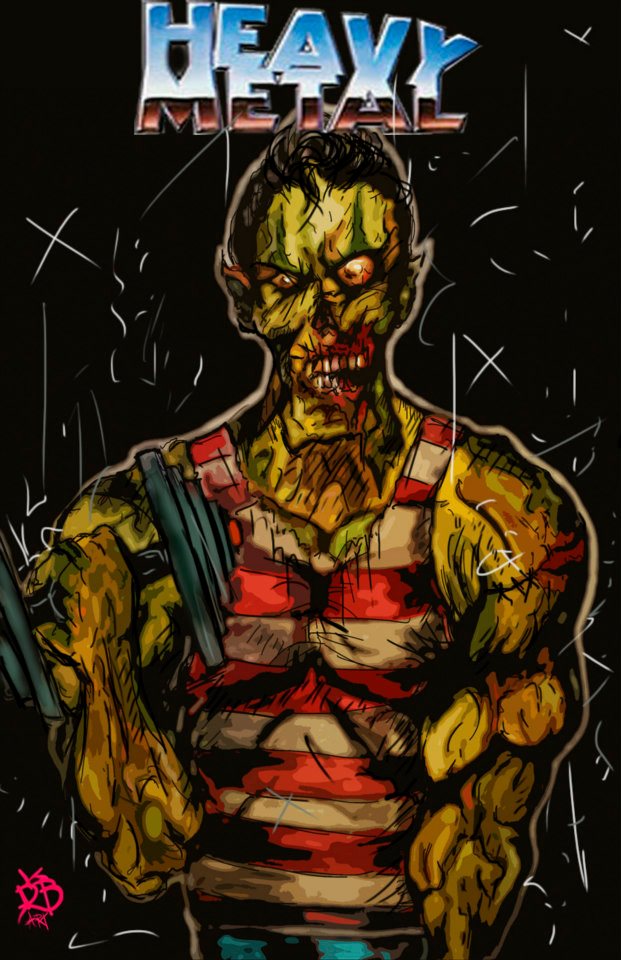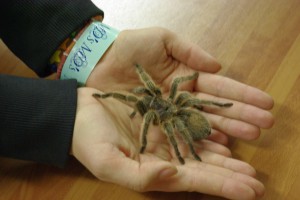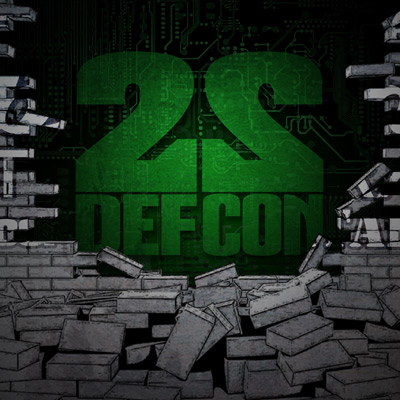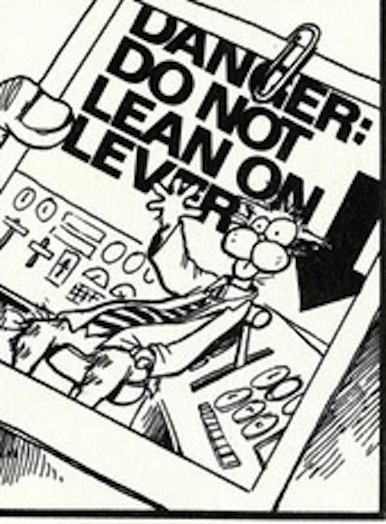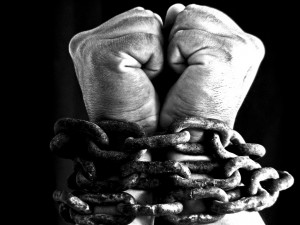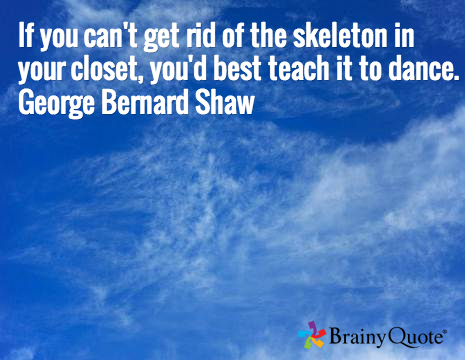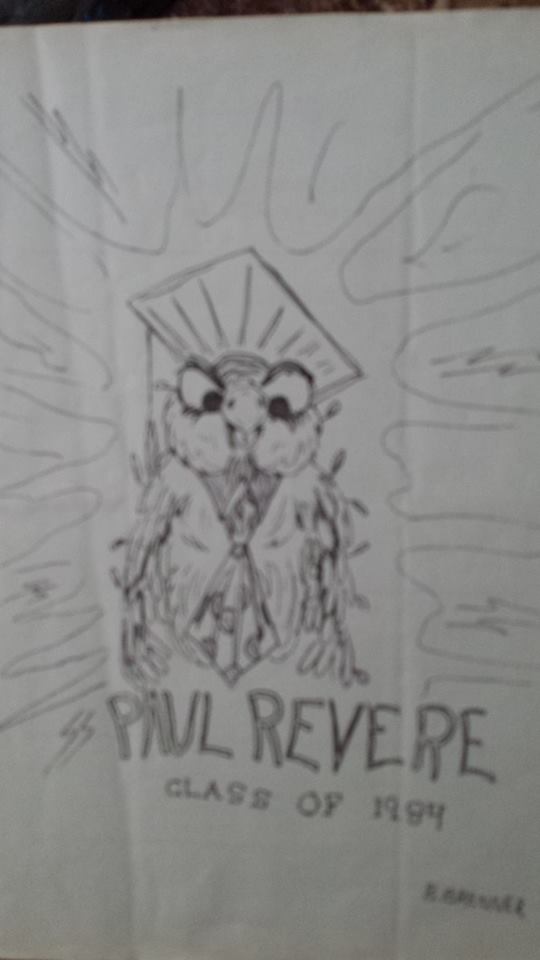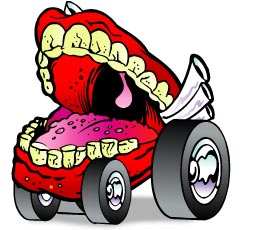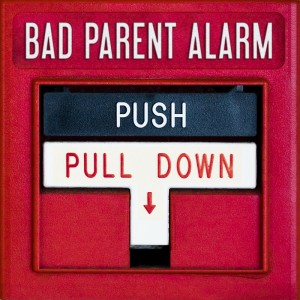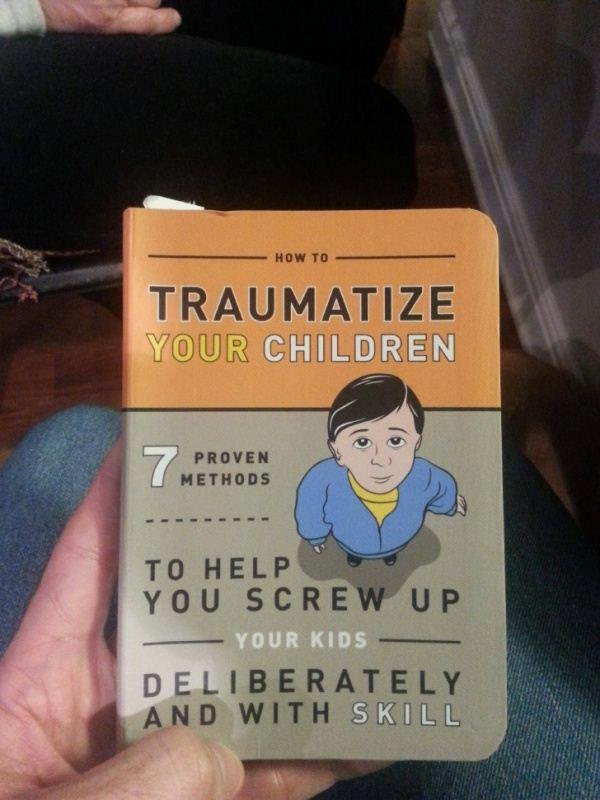I am your main man, if you’re looking for trouble. I’ll take no lip, no one’s tougher than me. I kicked your face you’d soon be seeing double. Hey little girl, keep your hands off of me…I’m a rocker.
“The Rocker,” by Thin Lizzy
A lot of people are amused to learn about my musical tastes. My work space at home and the office is cluttered with political and history-based trinkets, which would leave one to believe I listened to country or folk or maybe even some 1970s rock.
Heavy Metal music? It just doesn’t fit my image.
And yet, some 30 years ago, that music saved my life. And to this day, I listen to it faithfully. In fact, it’s become one of the main tools of my recovery from a life of mental disorder.
Let’s start from the beginning.
1984
This is the year my older brother died. But even without that, life was pretty miserable. I wasn’t exactly popular in school. I was overweight and the subject of ridicule. Emotions were understandably raw at home.
But that was also the year I began listening to heavy metal music.
It allowed me to escape the pain around me. The aggressiveness of the music gave me an outlet to process all the rage I was feeling. Without it, drugs and violence toward others might have been next.
My closest friend at the time, who lived two doors down, got me into the music — introducing me to the likes of Motley Crue and Thin Lizzy. When that friend died 12 years later, the music would again help me process my rage and keep me steady.
I’d be angry, hurt or scared, and I needed something to absorb my aggression. Heavy metal was the punching bag.
One of my favorite songs in 1984 was “Knock ‘Em Dead Kid” from Motley Crue’s “Shout At The Devil” album. The lyrics go something like this:
Heard a star-spangled fight/A steel-belted scream
Now I’m black/I’m black/I’m black
Another sidewalk’s bloody dream
I heard the sirens wine/My blood turned to freeze
You’ll see the red in my eyes/as you take my disease
For me, it was excellent therapy.
Around 2003, as I was going through a rough patch at work (my own shortcomings at the time more than anything else), that therapy took the form of Metallica’s “St. Anger” album. The album itself is far from their best, but the opening song, “Frantic,” tore a path straight into my soul.
The song came out a year before I started to come to grips with the OCD, and the guy in the video WAS me. The lyrics were me. I was frantic. I just didn’t realize it at that point.
Today, I listen to the music more for simple enjoyment than as an anger-management device. The anger went away some time ago.
The nostalgia is a big attraction for me, too. It takes me back to a time when I was in pieces; to a time when the music literally saved me. It has become something of a security blanket.
A lot of it makes me laugh as well — no small thing when you’re struggling not to take life too seriously.
How can you not find a live Motley Crue clip funny? Vince Neil sings every fifth word of most songs live. It’s amusing to watch.
The spikes-and-leather dress code make me laugh, too.
It reminds me not to take myself too seriously. And once I’m brought down to Earth like that, sanity prevails.

